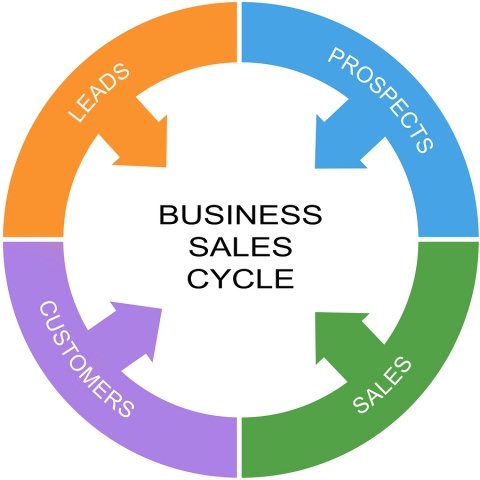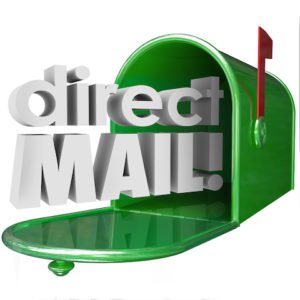It would be nice if there were a tried-and-true methodology for generating leads in the fastest, easiest, and cheapest way possible. Producers have had varied amounts of success with different lead generation strategies, but what seems to work best is a marketing strategy that’s made up of a combination of these tricks of the trade. Following, we’ve provided a list of the most common lead generation tactics, and why we think they do or do not work.
1. Referred Leads Programs
It’s the goal of any producer to have as many referred leads as possible. While referred leads aren’t always easy to come by, producers can do their part by being a reliable agent with a reputation for integrity. Advisors, planners, and producers do well to set up a referred lead system that constantly generates tangible, promising leads.
2. E-Mail Marketing
E-mail marketing is a surefire way to remind your connections that you’re in business, and that your business might be relevant to them. Whether you choose to send out a monthly newsletter with personal and professional updates, or whether you author topical articles on current affairs within your industry, e-mail marketing is a quick and efficient way to reach out to a large group of people, and provide them with potentially relevant and interesting content. You will likely get some great leads out of it, too.
3. Annual Reviews with Existing Clients
Producers agree that annual reviews with existing clients are at the top of the lead-generation list. Why not leverage clients with whom you already have existing relationships? By doing annual reviews, you know you’re working with someone who has already shown an interest in purchasing insurance. Don’t make the mistake of thinking that leads can only come from new clients – build on relationships that are already in place.
4. Workshops / Educational Courses
You can create awareness of your business and your capabilities by speaking at workshops, or offering classes in adult education or at community business institutions. Also, people will feel comfortable attending an educational workshop, because it’s less intimidating than meeting with a salesperson one-on-one. Workshops and courses are not expensive to set up, and you can hold them in a variety of public spaces – classrooms, libraries, and civic centers.
5. Press Releases / Local Media
Providing a one-page summary of the work you do and any special upcoming news you have is quick, easy, and efficient. You allow the press release platform or local media platform to get the word out for you. It won’t take you too much time or cost you too much, but remember that press releases work best when they aren’t too sales-y in tone and content.
6. Lead Exchange Groups
Get in front of more prospects by forming partnerships and lead exchange groups. For example, you can share your clients and prospects with relevant partners, who can in turn share their prospect and client lists with you. These groups can also help you to gain tips and lessons-learned from other successful business people who are in a similar position to you.
7. Direct Mail
Direct mail campaigns are commonly-used lead generation tactics. They might have been better when technology wasn’t so commonplace in small businesses, but these days, direct mail doesn’t seem like it has great returns. Currently, most people tend think of lead-generation mail as junk mail, or basically another version of a telemarketing phone call. What’s more, the cost of printing direct mail fliers can really add up over time.
8. Buying Leads and Appointments
While buying leads and appointments is one possible approach, very few advisors seem to have much success with them. Leads are best when they come from sources that have organic interest in your services. Further, leads and appointments that are bought may be recycled from other agents, making them less viable.
9. Cold-Calling
Cold-calling is not only battling great odds, but it can take a toll on your self-esteem. You go up against a lot of negativity, and pitching your services over and over again to people who don’t want to hear it can be a major source of frustration.
10. Guest Speaking / Community Involvement
They say that in business, it’s all about “the hands you shake”, and the insurance industry is no different. If you serve as a guest speaker at community workshops, events, and entrepreneurship panels, you’ll be getting the word out about your expertise and your services. Being involved in your community at large is a great way to keep your finger on the pulse of what’s going on in your community and where you might be able to lend a hand. Get involved with organizations like Kiwanis and Rotary Club, and write articles for them with a byline that links to your website.













